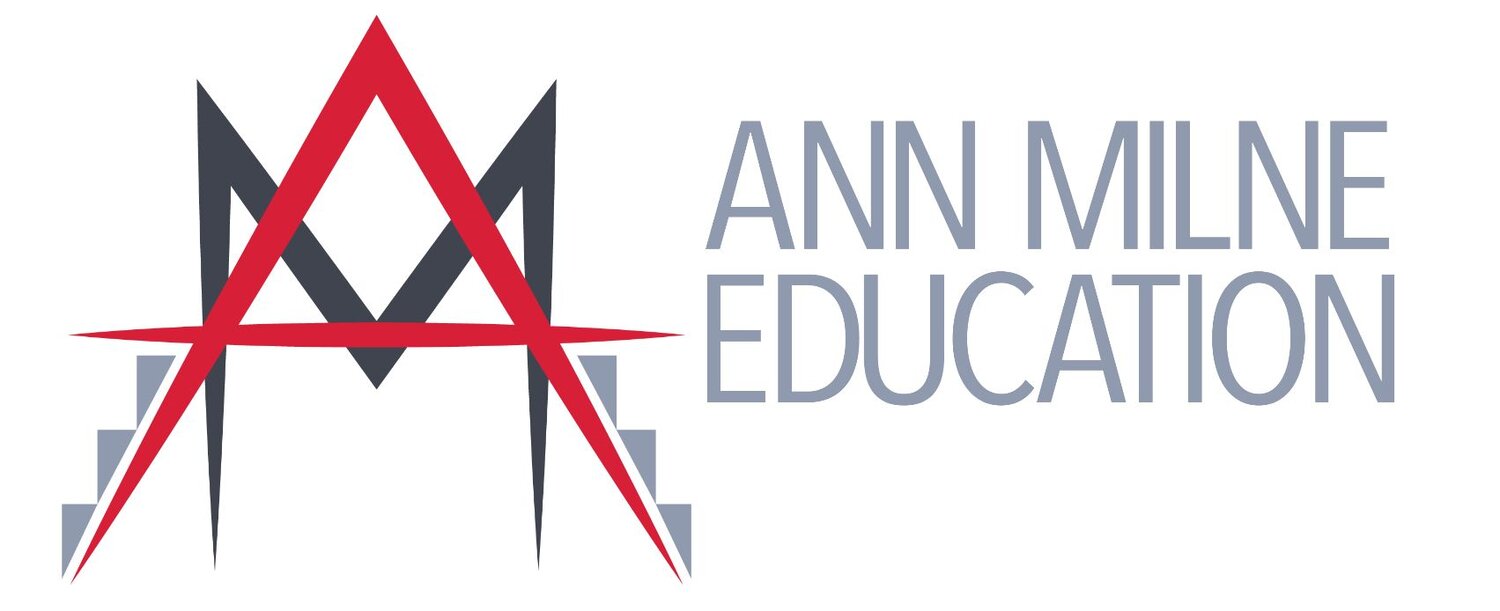Professional Development
How is your anti-racism programme?
How is your critical consciousness?
How is your wider and culturally sustaining, understanding of success and achievement?
These are all fundamental questions your Māori and Pasifika learners deserve to have answered - now even more than ever. They are also questions that are answered in my online courses.
Have you identified your school’s White Spaces?
In 2020 the Labour Government launched The Statement of National Education and Learning Priorities (NELP) and the Tertiary Education Strategy (TES), statutory documents issued under the Education and Training Act 2020, to help “create education environments that are learner-centred, and where more of our learners, and especially more of our Māori and Pacific learners, are successful.” This includes being free from racism, better collaboration with whānau and communities, taking account of learners’ needs, identities, languages, and cultures in their practice, and incorporating te reo Māori and tikanga Māori into everyday activities.
Sadly, those priorities have changed with the current government. That doesn’t mean our children deserve any less - or that schools can’t still do what is right! I wrote in a recent blog, Whose Mokopuna Matter?:
It is unfortunately no surprise to recognise the huge, glaring white hole in the Ministerial Advisory Group (MAG) Report: Redesigning the English and Mathematics & Statistics learning areas in the New Zealand Curriculum (Ministerial Advisory Group, 2024).
Let’s be clear, this is not ‘redesigning’ at all. It is yet another example of a system doing exactly what it has always been designed to do, to create, and even worse, tolerate, a social hierarchy, inequality, and inequity not far removed at all from our earlier policies of integration and assimilation that aimed to make us all the same i.e. all White.
The coalition’s education policies double down on the myth of meritocracy, the idea that if children work harder, get back to basics (call it structured literacy, the science of learning, the common practice model, or whatever new name politicians come up with) they will succeed on their merits because, after all, we don’t want to say out loud those words like race, racism, inequity, culture, or identity. ‘He iwi kōtahi tātou’ is still in our whitestream DNA even if we pretend to have moved on.
Dipping your toes into just being more “culturally responsive” is nowhere near enough. Let’s talk more about this!

